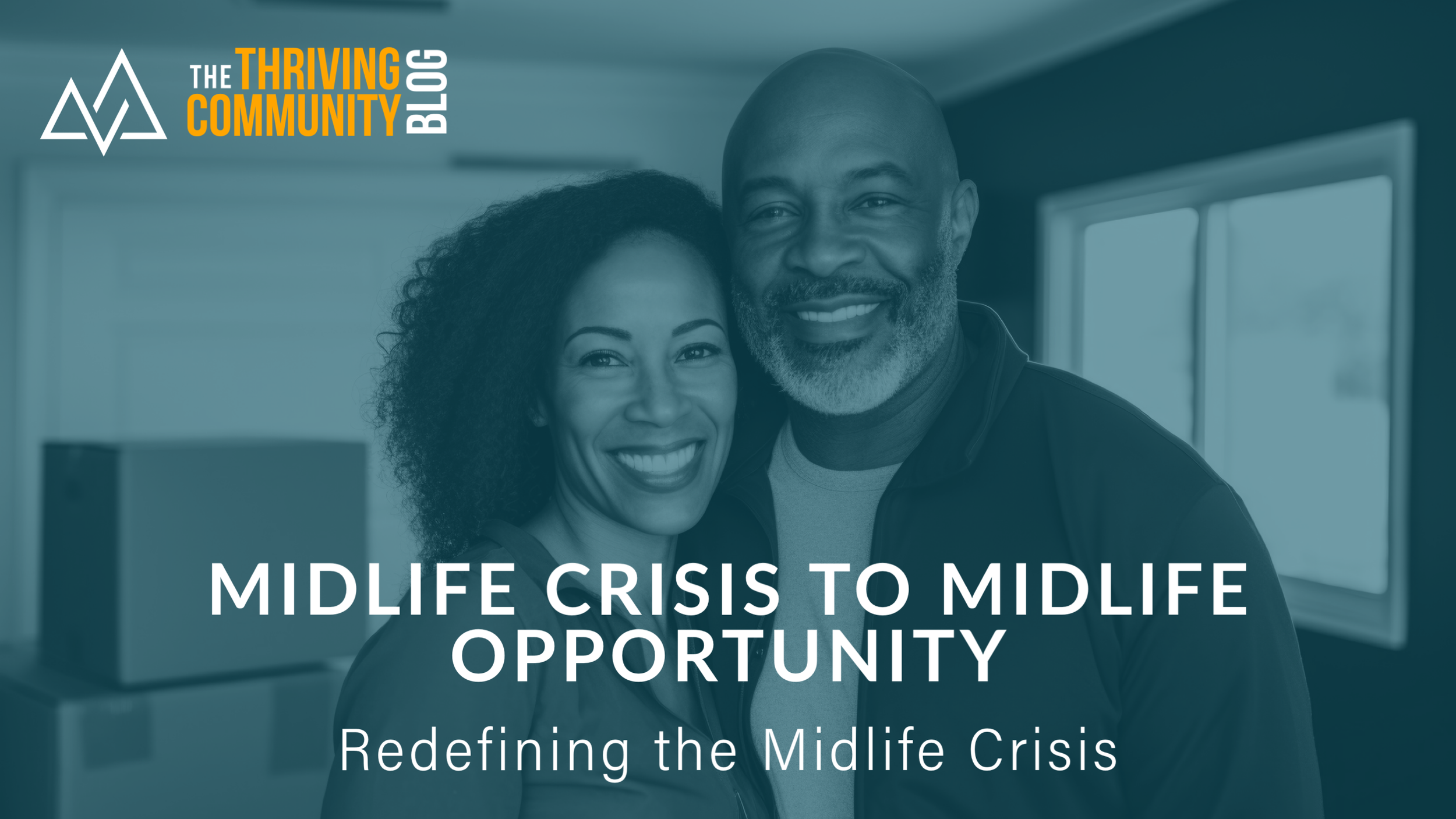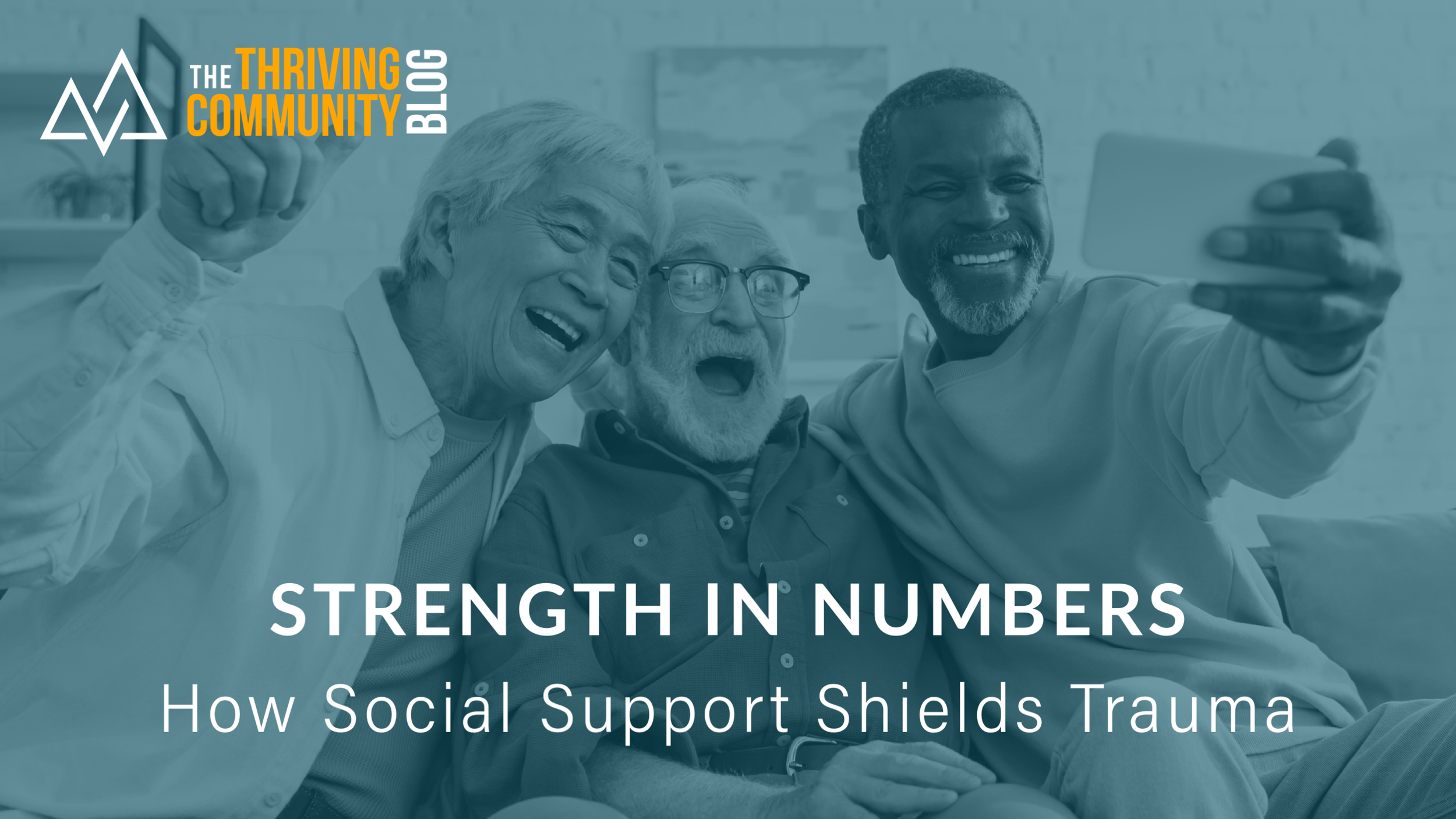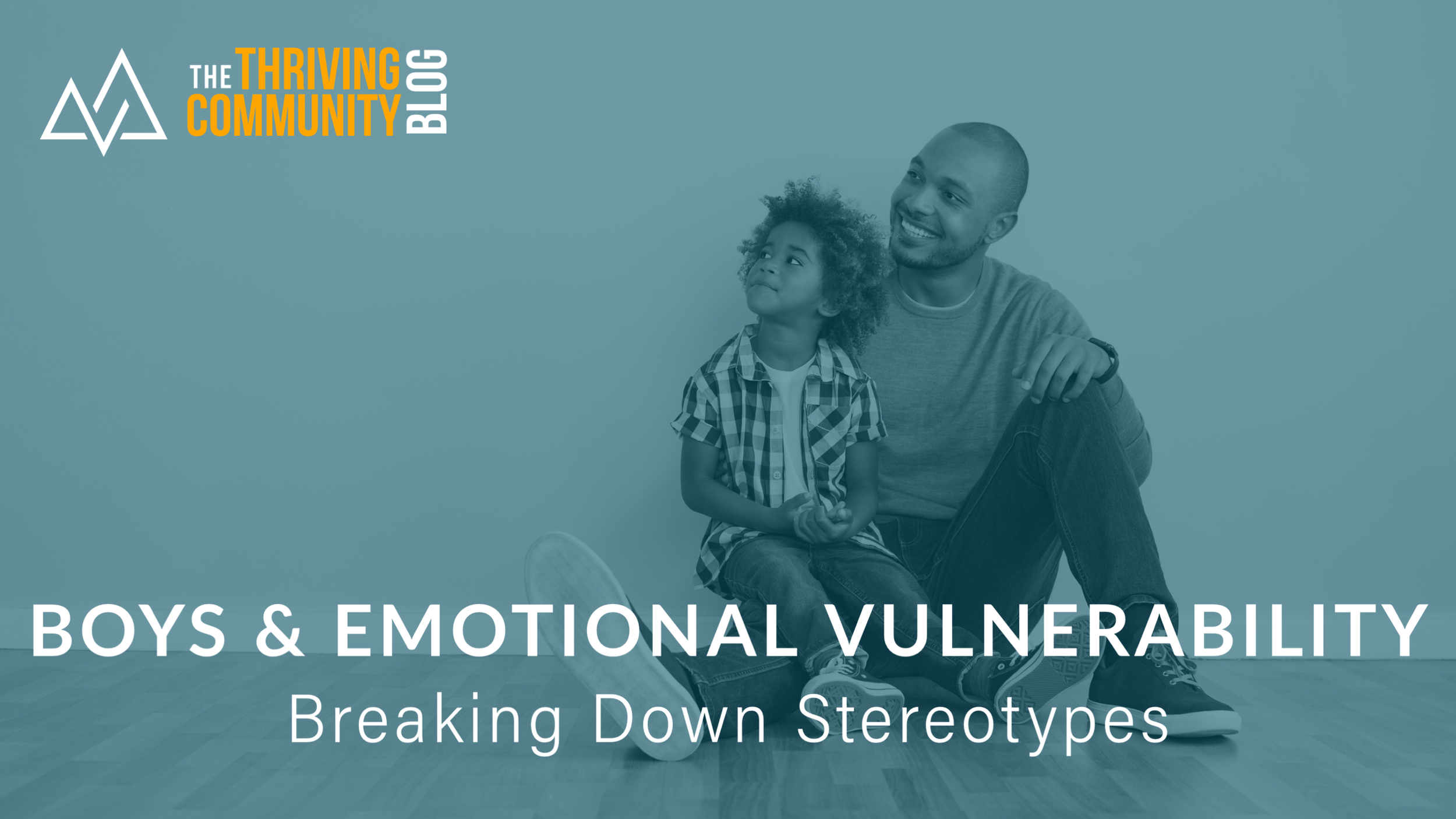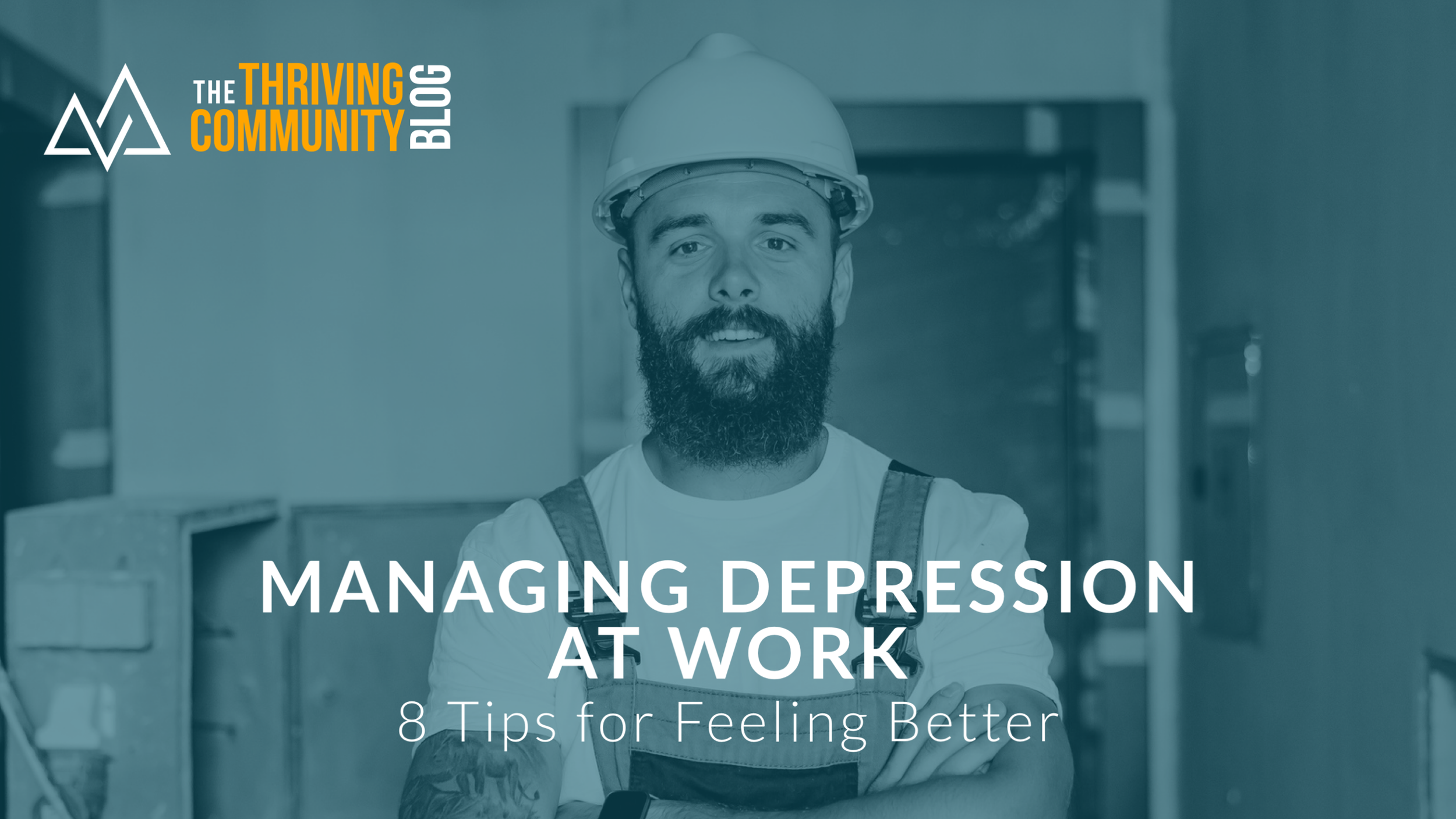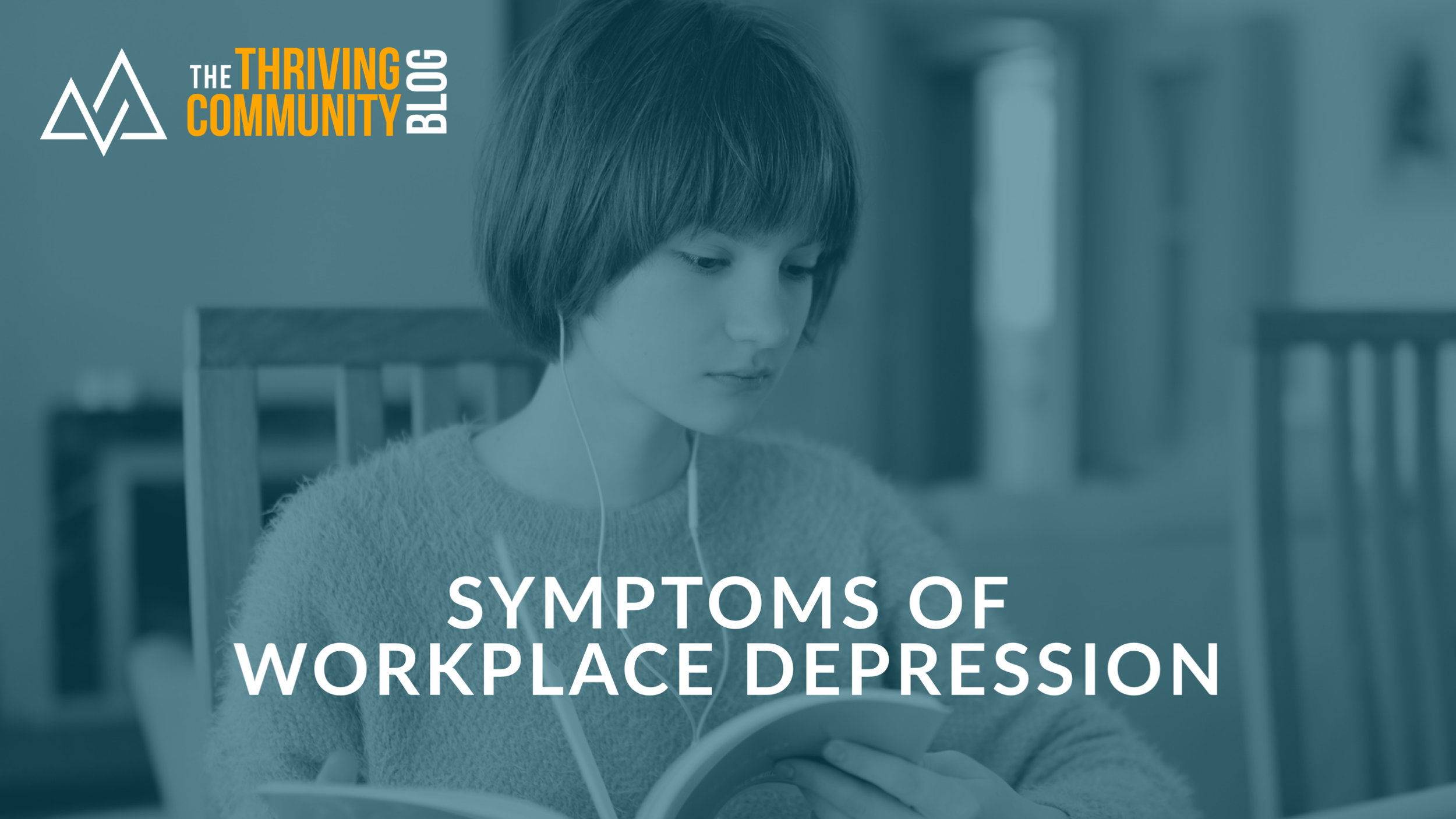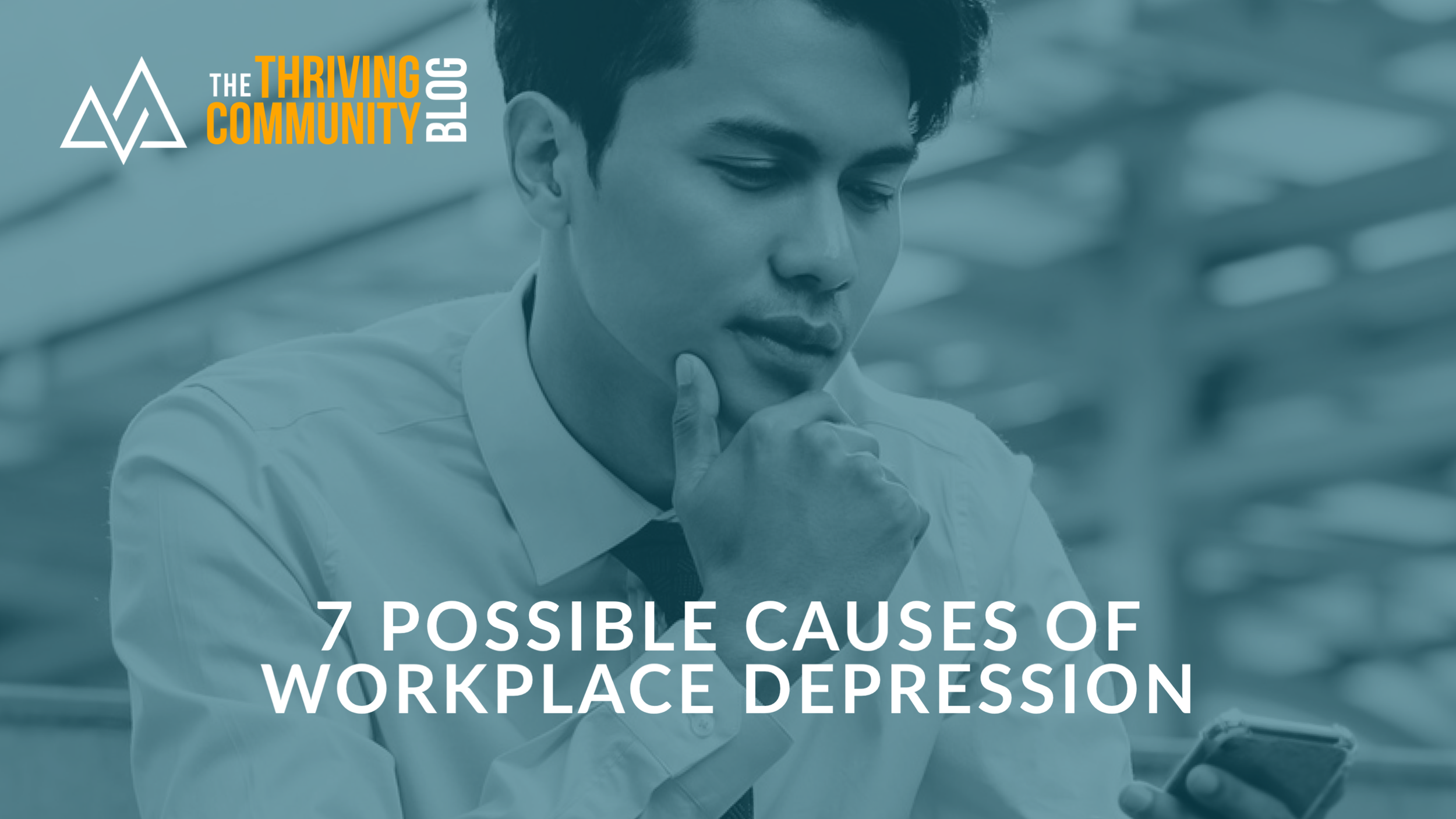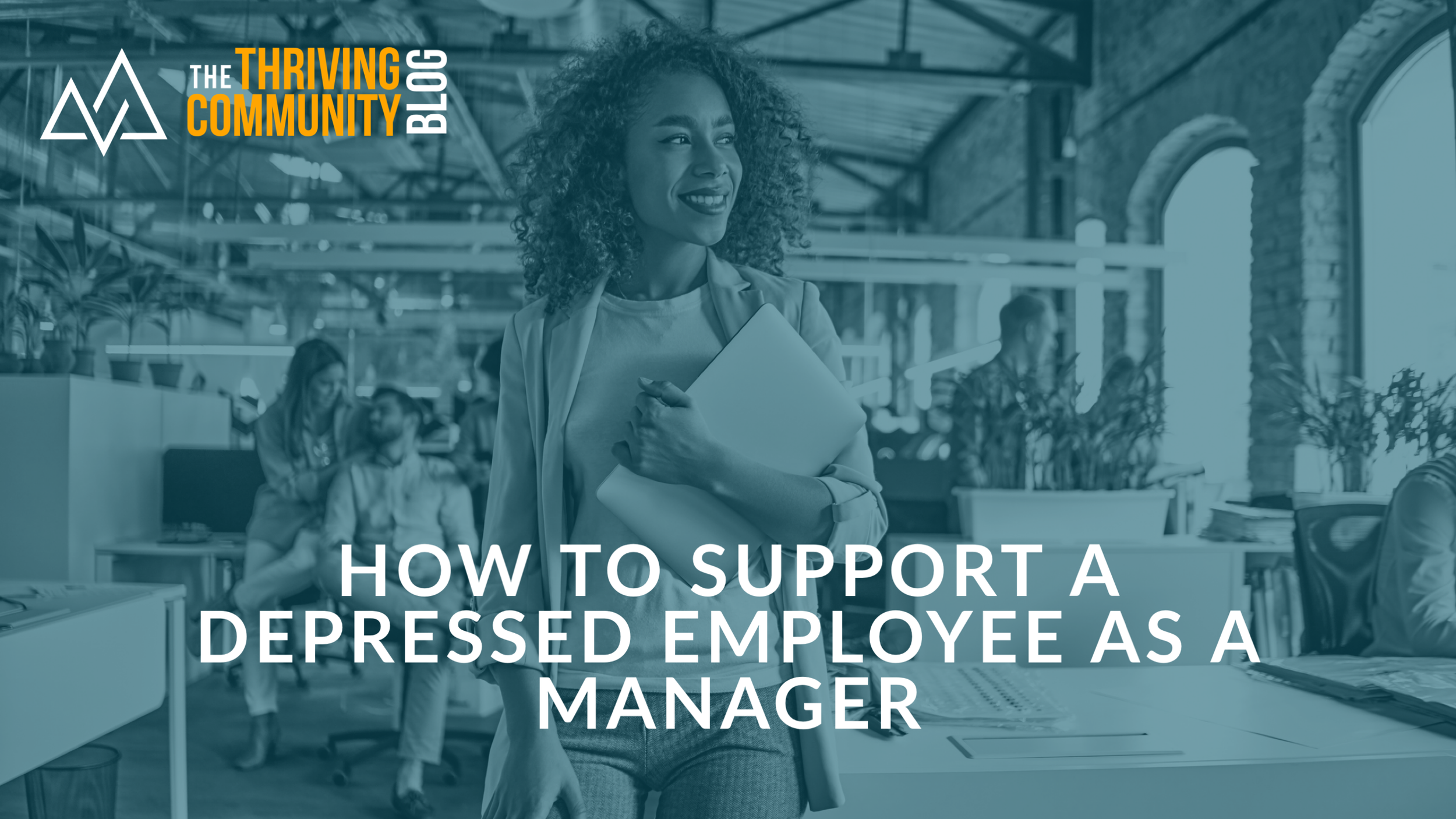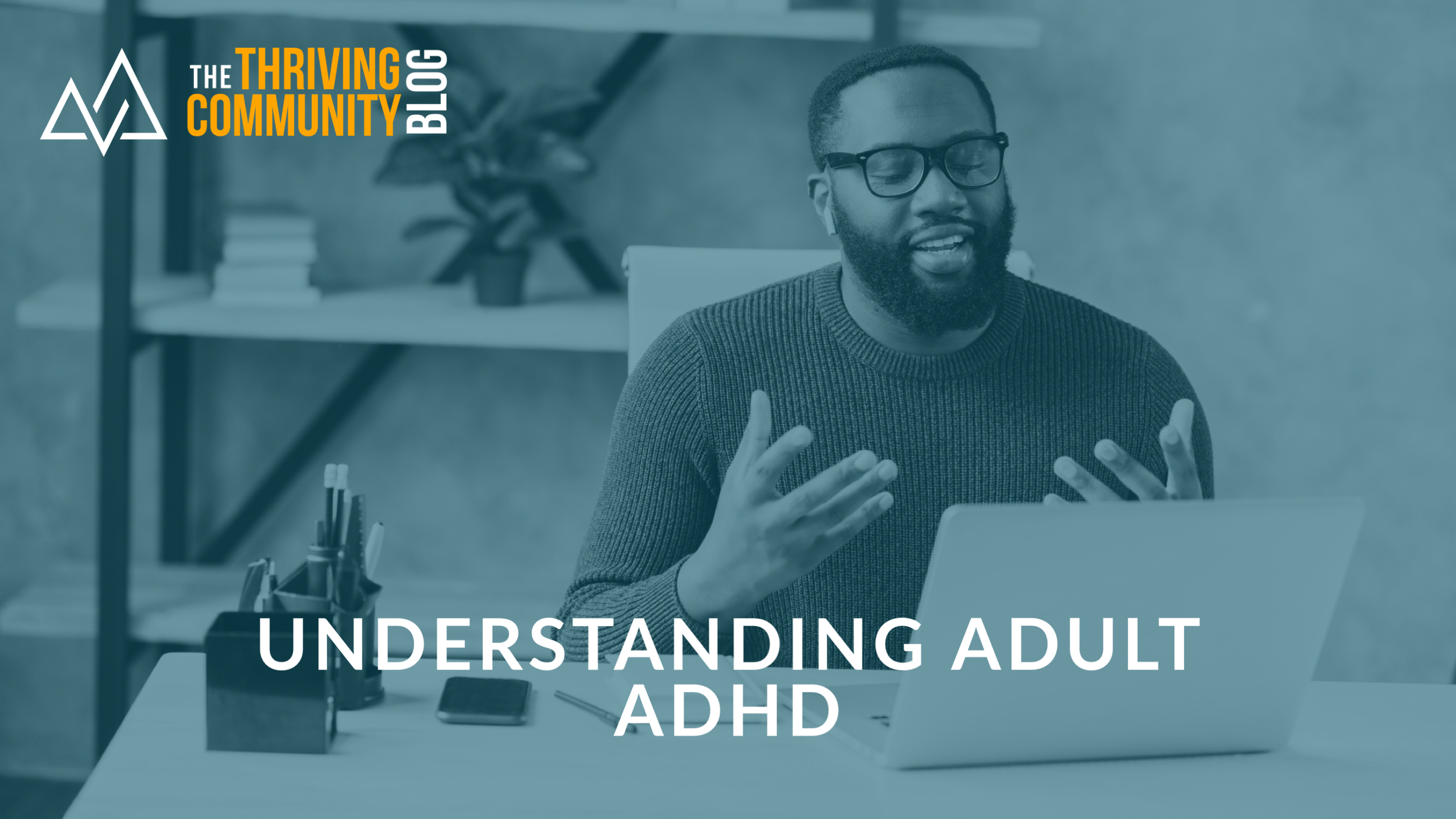
the Thriving Community
Swagger vs. Substance: Unpacking the Difference Between Self-Esteem and Self-Worth
Let’s cut through the fluff: Self-esteem and self-worth are not the same, and mixing them up can mess with your mental health and shake your identity. In this blog, we're tearing down misconceptions to reveal what really separates these two crucial concepts. This isn’t about feel-good clichés; it’s about understanding who you are and how you stand in the world.
Why bother? Because grasping this distinction is a game changer for thriving in life, not just surviving. Get ready to build a resilient, unshakeable self-understanding. Let’s dive deep into why recognizing the difference matters for your well-being. Ready to redefine how you see yourself? Let’s go!
Mapping Masculinity: Join the Journey to Your Authentic Masculinity
Explore the transformative power of authentic masculinity with the Mapping Masculinity Group. This blog invites men to break free from societal expectations and embark on a journey toward genuine self-expression. Discover tools and insights that challenge outdated notions of masculinity, fostering emotional vulnerability and promoting personal growth. Whether you're struggling with identity, relationships, anger porn, or sex in your relationship, this group offers a supportive environment to navigate your path to authenticity. Discuss healthy relationships, emotional intelligence, shadow work, and more. Join us in redefining what masculinity means for you and how you can start living the life you really want.
Midlife Crisis To Midlife Opportunity: Redefining the Midlife Crisis
Unlock the secrets to transforming a midlife crisis into a catalyst for growth.
Ever thought a midlife crisis was just about sports cars and unexpected life twists? Think again. Dive deep into the true essence of a midlife crisis—it's more than a stereotype; it's a chance for profound personal growth. From understanding the triggers to embracing the opportunities for reinvention, our latest blog post sheds light on how this pivotal period can significantly alter the course of your life.
Discover how to turn what many dread into a powerful moment of transformation and start on a path to the authentic life you've always wanted. Are you ready to explore and embrace the possibilities? Read more and redefine what a midlife crisis means for you.
From Stigma to Strength: Redefining Crying
Victor Hugo wrote in Les Misérables, “Those who do not weep, do not see.” This captures the essence of crying as not just a release but a means of truly seeing and understanding our emotions, ourselves, and the world around us. From our first moments as infants, tears are our primary form of expression, conveying needs and emotions from discomfort to joy. However, as we grow, societal stigmas and personal experiences often teach us to view vulnerability and crying as signs of weakness.
But what if we changed our perspective on tears? Rather than viewing them as a weakness, we could see them as a testament to our humanity, a bridge to deeper understanding and connection. Reflect on the times when crying brought you relief or deepened a relationship.
How might embracing tears more openly change your life? What would it feel like to let those emotions flow freely without fear of judgment? As we delve into the significance of emotional vulnerability, let's consider how allowing ourselves to cry can not only enrich our connections with others but also enhance our personal growth.
Beyond Goodbye: Navigating Loss, Identity, and Healing
In times of grief, people often follow societal norms that perpetuate a common misconception - that some types of loss are considered more significant or worthy of mourning than others. This misguided belief suggests that the death of a loved one should cause deeper grief than the loss of a job, a cherished dream, or even a beloved pet. However, it's vital to confront this fallacy and recognize that grief knows no hierarchy in our system. It is a deeply personal and complex experience that goes beyond societal judgments and classifications. The loss can be challenging, no matter how big or small. Grief can hit you hard and make you feel all sorts of emotions. It takes work to overcome the challenges that come with it. Today, we embark on a journey to dismantle the notion of a grief hierarchy and delve into the multifaceted nature of mourning, acknowledging the validity of all forms of loss and their distinct impact on each person.
Strength in Numbers: How Social Support Shields Trauma
In this article, we will discuss the incredible power of social support in helping us weather life's storms. As a mental health therapist who's been practicing for over ten years, I've seen firsthand how having a strong support team can make all the difference, especially when it comes to dealing with trauma. So buckle up because we're about to dive into how our attachment to others can be our greatest asset against life's toughest challenges.
From the Cradle to Today: Childhood's Trauma Shadow
Have you ever considered how your childhood experiences might still affect you today? It's a heavy topic but an important one. You see, the things we go through as kids can cast a long shadow over our adult lives, shaping how we think, feel, and interact as we see the world, others, and ourselves. In this article, we are going to take a small dive into the complex world of childhood trauma. If this article becomes too heavy, take a break and do some self-care by going for a walk or talking with a friend.
Boys and Emotional Vulnerability: Breaking Down Stereotypes
In today's society, there exists a common misconception that boys should hide their emotions to conform to traditional masculine norms. This notion perpetuates the harmful stereotype that boys should be stoic and unemotional, leading to a culture of emotional repression among males. However, it is essential to recognize that boys are just as emotionally complex as girls and deserve the opportunity to express their feelings openly and authentically.
How Emotional Permanence Can Enhance Your Relationship Satisfaction: The Key to Confidence and Stability for Long-Lasting Relationships
Welcome to the fascinating world of emotional permanence – where confidence flourishes and relationships thrive even in the absence of physical presence. Did you know that according to a study published in the American Psychological Association, over 60% of individuals experience doubts about their loved ones' feelings when they're not around? This statistic highlights many common challenges that we face: maintaining security and certainty in our relationships. But fear not! In this article, we'll delve into emotional permanence, explore its significance for mental well-being and relationship satisfaction, and equip you with practical strategies to cultivate it in your own life. So, let's embark on this journey together and unlock the power of emotional permanence!
Managing Depression at Work: 8 Tips for Feeling Better
Depression can be a debilitating condition that can make even the simplest tasks overwhelming. When you're struggling with depression, going to work can seem insurmountable. But you can take steps to manage your symptoms and feel better. Here are eight tips for managing depression at work.
Symptoms of Workplace Depression
Depression is a common mental health condition that can affect anyone, regardless of age, gender, or profession. It can be particularly challenging when you're struggling with depression at work, where you spend most of your day. Symptoms of depression can vary from person to person, but some signs are specific to the workplace.
7 Possible Causes of Workplace Depression
Depression can affect anyone at any time, and it can be especially difficult to deal with when it interferes with work. Like other mental health conditions, several factors can contribute to work depression. In this blog, we’ll explore some of the common causes of work depression and how to address them.
How To Support A Depressed Employee As A Manager
Depression can be a debilitating condition that affects many people, including employees in the workplace. As a manager or supervisor, it’s important to recognize the signs of work depression and take steps to help your employees. Here are a few ways you can support a depressed employee:
Understanding the Evolutionary Purpose of Negative Self-Talk
Negative self-talk can be overwhelming, persistent, and disruptive. It can disrupt our relationships, our ability to focus, and even our sleep. Many of us are familiar with the voice criticizing us and making us feel unworthy. This voice is often associated with the default mode network in our brain, which serves an evolutionary purpose by keeping us in line with clan norms.



